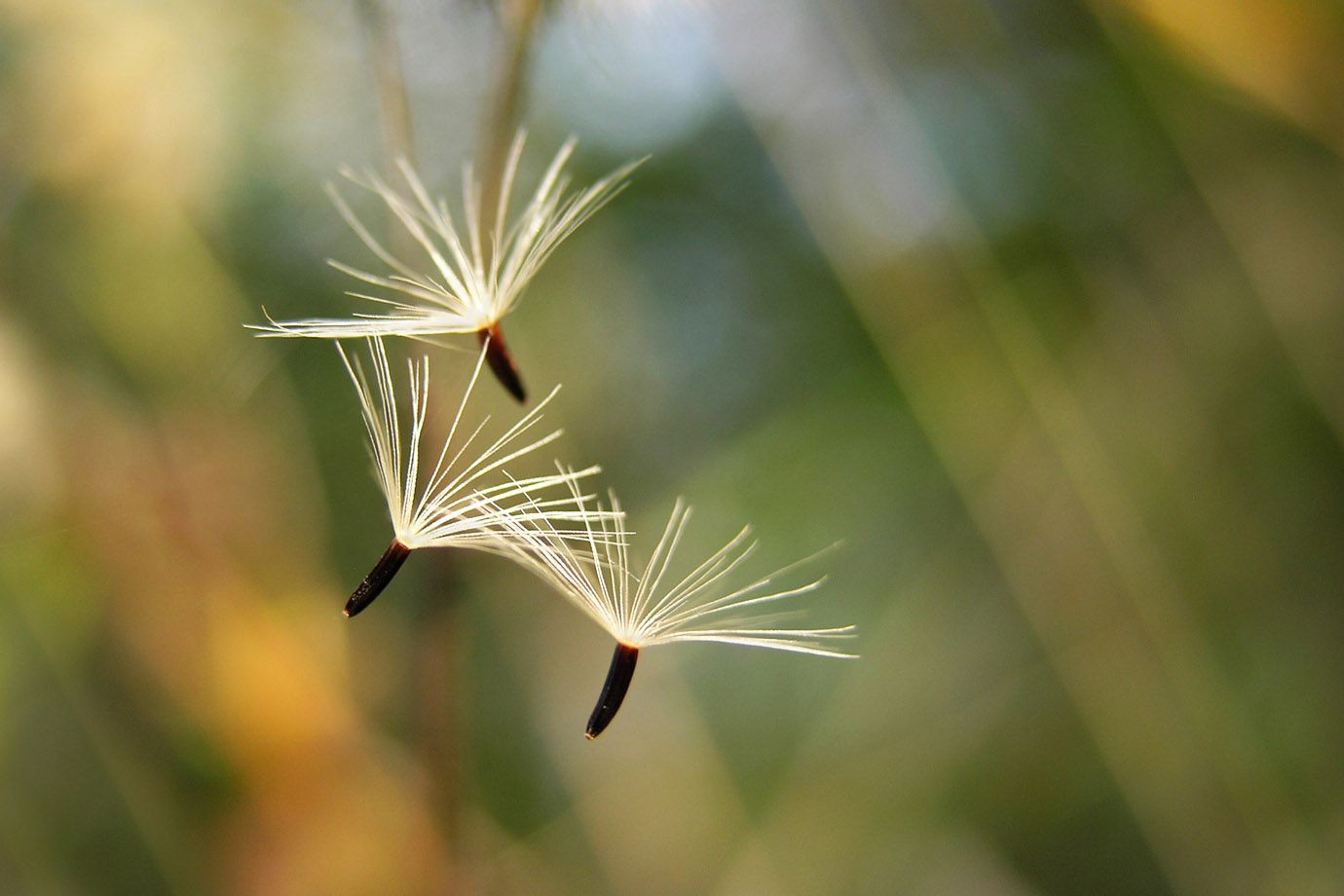
Seed>
A seed is a small embryonic plant enclosed in a covering called the seed coat, usually with some stored food. It is the product of the ripened ovule of gymnosperm and angiosperm plants which occurs after fertilization and some growth within the mother plant. The formation of the seed completes the process of reproduction in seed plants (started with the development of flowers and pollination), with the embryo developed from the zygote and the seed coat from the integuments of the ovule.
Seeds have been an important development in the reproduction and spread of flowering plants, relative to more primitive plants like mosses, ferns and liverworts, which do not have seeds and use other means to propagate themselves. This can be seen by the success of seed plants (both gymnosperms and angiosperms) in dominating biological niches on land, from forests to grasslands both in hot and cold climates.
The term seed also has a general meaning that predates the above — anything that can be sown, e.g. "seed" potatoes, "seeds" of corn or sunflower "seeds". In the case of sunflower and corn "seeds", what is sown is the seed enclosed in a shell or hull, and the potato is a tuber.
A typical seed includes three basic parts: (1) an embryo, (2) a supply of nutrients for the embryo, and (3) a seed coat.
Source: en.wikipedia.org/wiki/Seed - 14.10.2008
Seeds in the Air
Whether by the coat, the beak or the craw of animals, whether with the aid of fire or by the air, plants have manifold methods, to diffuse their seeds.
The seeds which are for food are shrouded in tasty flesh, others which shall be carried away by the wind, possess parachutes.








